Category: Glossary
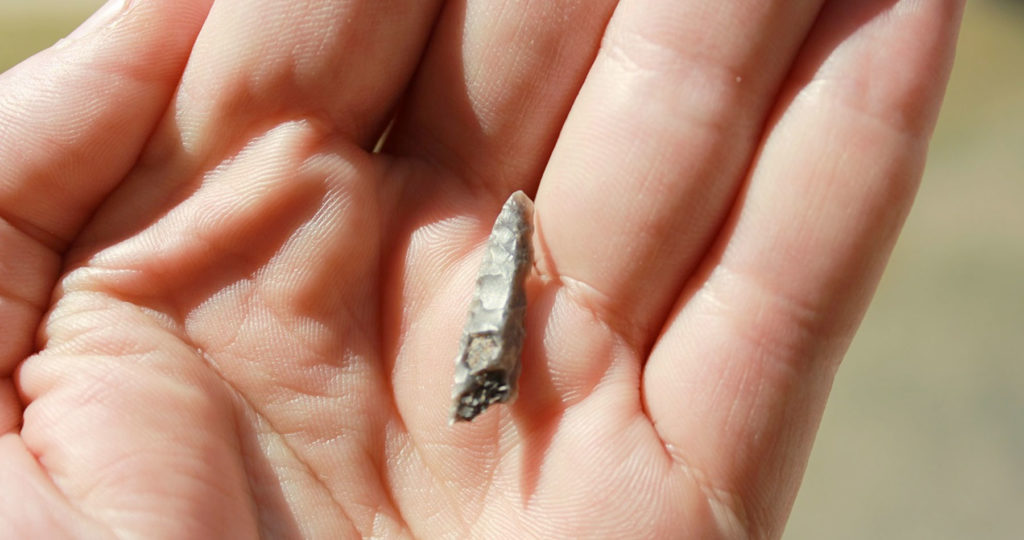
May 11, 2016
Stone Drill
This week, we showcase a stone drill. That’s right, you guessed it, this type of stone tool is used to drill holes in things. Like knives and projectile points, drills are worked on both sides to create sharp edges and a narrow tip. Unlike other stone tools however, drills are very narrow and thick, and often
Keep Reading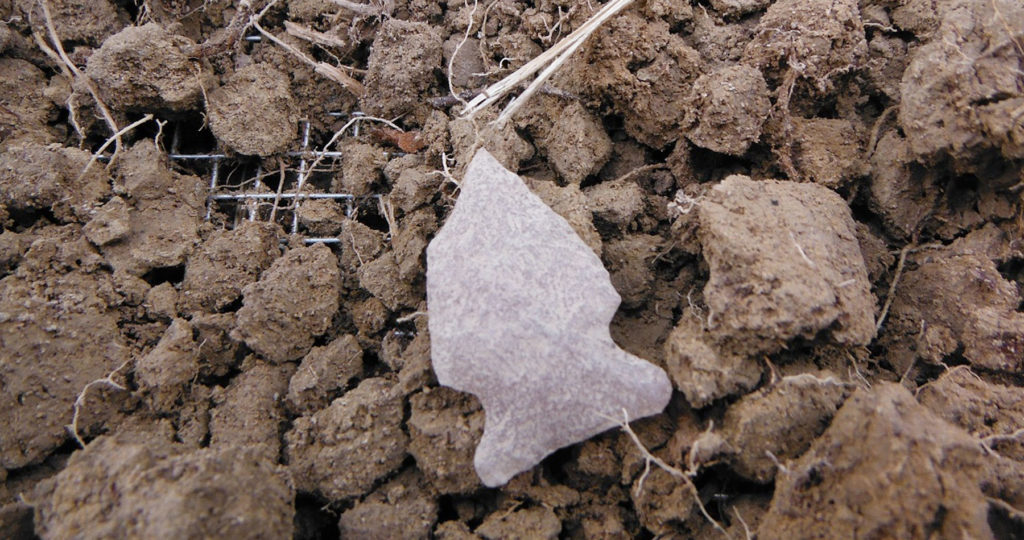
May 4, 2016
2550 – 1400 year old projectile point!
This week we present one of the artifacts from a site we found while doing surveys for Sundre Forest Products on the North Saskatchewan River in 2015. More than 30 artifacts were found through shovel testing at the site, but this one is extra-special. It’s a dart point of the Besant style. Above is a photo
Keep Reading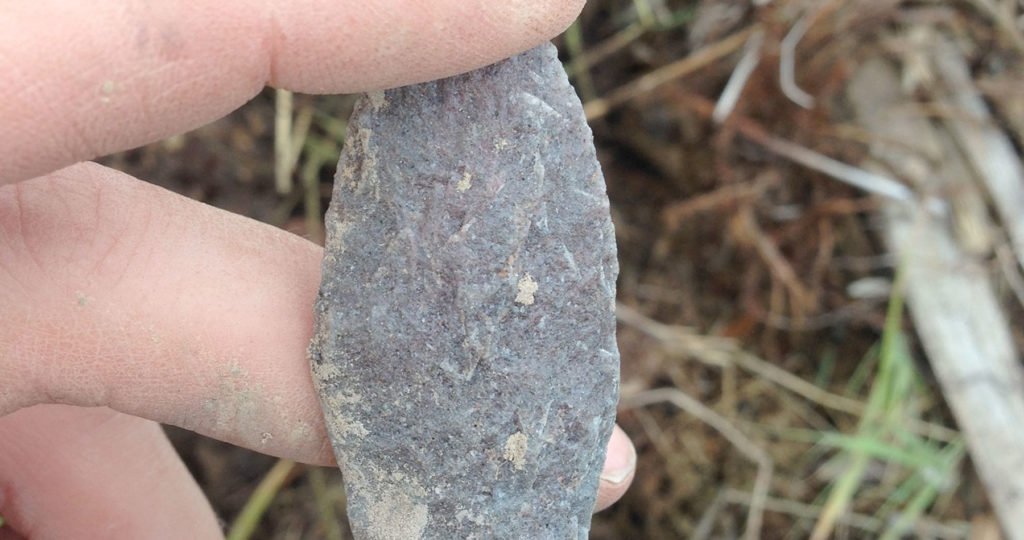
April 20, 2016
Agate Basin Spear Point
This week’s photograph is of an artifact we found in 2015 when undertaking an HRIA for Sundre Forest Products. It comes from a site south of the Ram River – our 100th site of the year, in fact. It’s an exciting find: a spear point of the Agate Basin style. The picture above was taken when
Keep Reading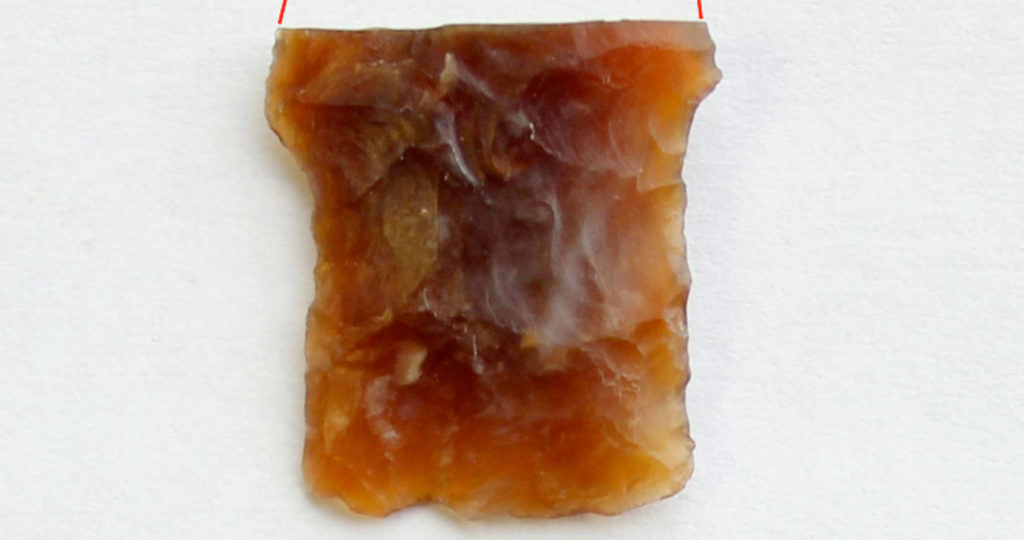
April 13, 2016
Knife River Flint Dart Base
In the summer of 2013, Tree Time Services surveyed cutblocks for Alberta-Pacific Forest Industries in the Logan River area north of Lac La Biche and found an artifact protruding out of exposed sediment along a previously constructed oil and gas access road. When we find artifacts in disturbed areas it is unfortunate because these artifacts
Keep Reading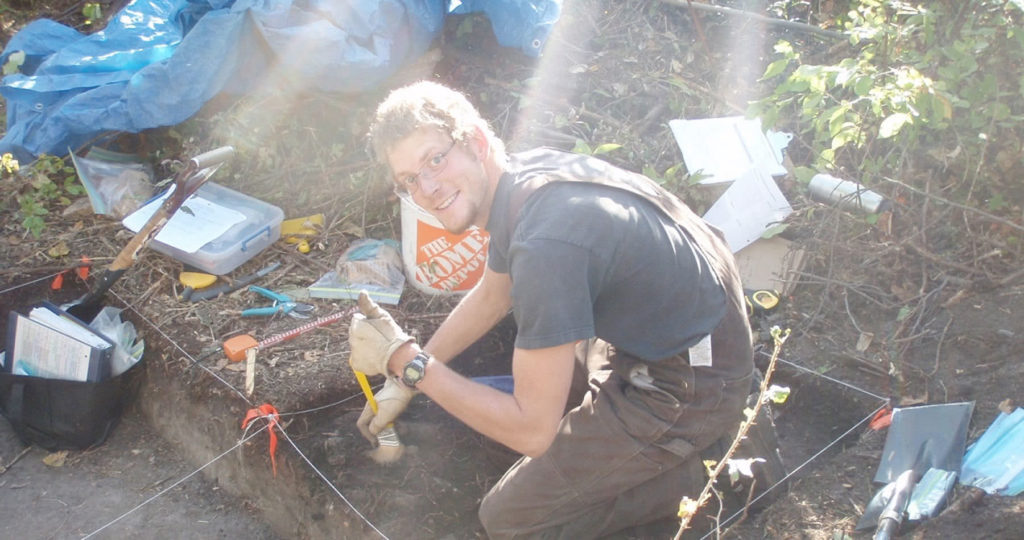
January 28, 2016
What is a Borden Number?
The Borden System is used to provide each archaeological site in Canada with a unique identifier, called a Borden Number. These identifiers consist of two parts – four letters (formatted AaBb) and a number separated by a dash. The letters represent the Borden block which is the geographical location of the site and the number
Keep Reading